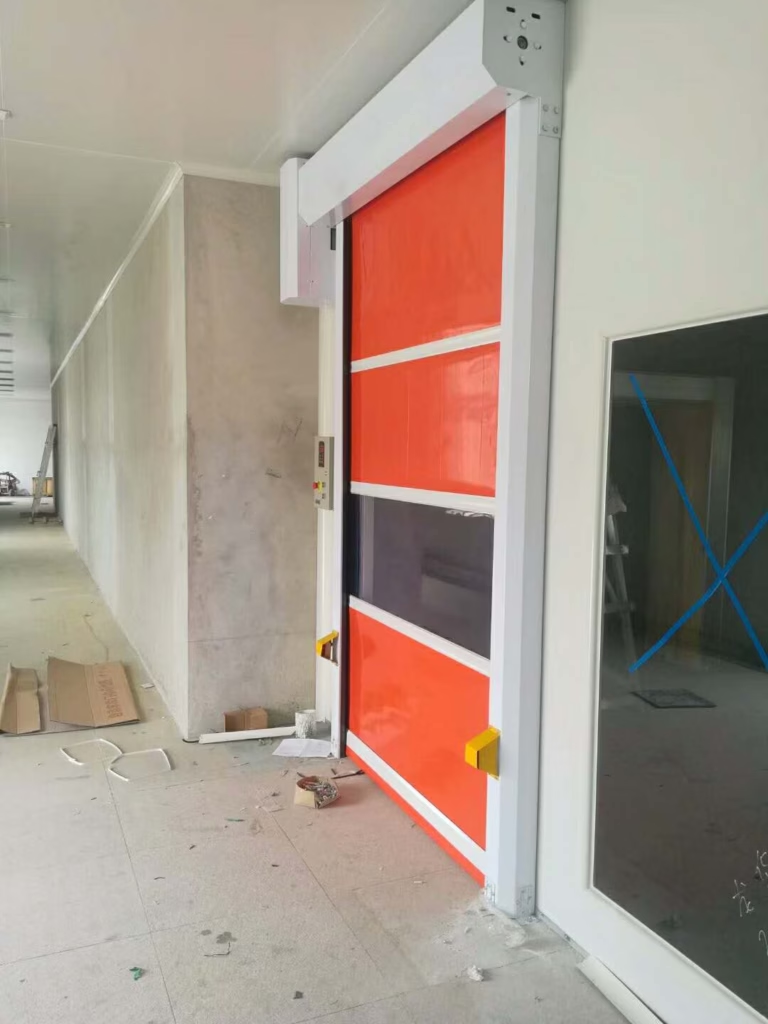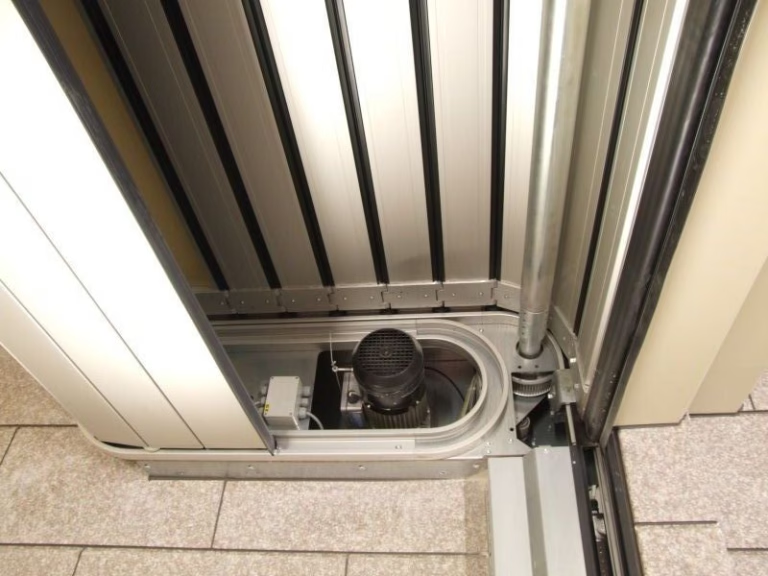commercial roll up doors
Commercial Roll-Up Doors: A Comprehensive Guide
What Are Commercial Roll-Up Doors?
Commercial roll-up doors are overhead doors made of horizontal slats that roll up into a coil when opened. They are commonly used in warehouses, garages, loading docks, and industrial facilities due to their space-saving design, durability, and security features. These doors operate vertically, making them ideal for locations with limited ceiling space.
Key Features of Commercial Roll-Up Doors
- Durable Construction: Made from steel, aluminum, or fiberglass for strength and longevity.
- Space-Efficient: Rolls into a compact coil, requiring minimal overhead space.
- High Security: Reinforced materials and locking mechanisms deter break-ins.
- Weather Resistance: Seals tightly to prevent drafts, dust, and moisture infiltration.
- Customizable: Available in various sizes, colors, and insulation options.
Types of Commercial Roll-Up Doors
1. Steel Roll-Up Doors
Steel roll-up doors are the most common due to their strength and affordability. They are ideal for high-traffic areas and provide excellent security.
- Pros:
- Highly durable and impact-resistant
- Low maintenance
- Fire-rated options available
- Cons:
- Heavier than aluminum
- Prone to dents if low-quality steel is used
2. Aluminum Roll-Up Doors
Aluminum doors are lightweight and corrosion-resistant, making them suitable for coastal or humid environments.
- Pros:
- Rust-proof
- Easier to operate manually
- Modern aesthetic appeal
- Cons:
- Less impact-resistant than steel
- More expensive than basic steel models
3. Insulated Roll-Up Doors
Insulated roll-up doors feature foam or thermal barriers to regulate temperature, making them ideal for cold storage, food processing, and climate-controlled facilities.
- Pros:
- Energy-efficient
- Noise reduction
- Improved durability
- Cons:
- Higher initial cost
- Slightly heavier than non-insulated doors
4. Security Roll-Up Doors
Designed for high-risk areas, security roll-up doors have reinforced slats, heavy-duty locks, and tamper-resistant features.
- Pros:
- Enhanced theft protection
- Can be paired with alarm systems
- Ideal for retail and storage facilities
- Cons:
- More expensive than standard models
- Requires professional installation
5. Fire-Rated Roll-Up Doors
These doors meet fire safety codes and are used in buildings requiring compartmentalization to prevent fire spread.
- Pros:
- Complies with building regulations
- Provides passive fire protection
- Cons:
- Limited design flexibility
- Higher cost due to specialized materials
Benefits of Commercial Roll-Up Doors
1. Space-Saving Design
Unlike traditional swing or sectional doors, roll-up doors coil vertically, freeing up valuable floor and ceiling space.
2. Enhanced Security
Many models feature reinforced slats, heavy-duty locks, and optional alarm integration to deter unauthorized access.
3. Durability & Low Maintenance
Constructed from robust materials, these doors withstand harsh conditions and require minimal upkeep.
4. Weather Resistance
Tight seals and weather-stripping prevent wind, rain, and debris from entering, making them ideal for exterior applications.
5. Energy Efficiency (Insulated Models)
Insulated roll-up doors help maintain interior temperatures, reducing heating and cooling costs.
6. Fast Operation (Motorized Options)
Automated roll-up doors open and close quickly, improving workflow efficiency in warehouses and loading docks.
Factors to Consider When Choosing a Commercial Roll-Up Door
1. Material Selection
- Steel: Best for security and durability.
- Aluminum: Ideal for lightweight and rust-resistant needs.
- Fiberglass: Used in corrosive environments.
2. Insulation Requirements
- Non-insulated: Suitable for non-climate-controlled spaces.
- Insulated: Necessary for temperature-sensitive environments.
3. Size & Customization
- Measure the opening accurately.
- Consider custom colors and branding options.
4. Operating Mechanism
- Manual: Cost-effective but requires physical effort.
- Automatic: Convenient but requires power and maintenance.
5. Security Features
- Heavy-duty locks
- Reinforced slats
- Alarm compatibility
6. Fire & Safety Compliance
Ensure the door meets local building codes, especially in commercial and industrial settings.
Installation & Maintenance Tips
Installation Best Practices
- Hire a professional installer for precise alignment.
- Ensure proper clearance for the coiled door.
- Check for smooth operation before finalizing installation.
Maintenance Guidelines
- Lubricate Tracks & Rollers: Use silicone-based lubricants.
- Inspect for Damage: Check slats, springs, and cables regularly.
- Clean the Door: Remove debris to prevent operational issues.
Common Applications of Commercial Roll-Up Doors
- Warehouses & Distribution Centers – Fast access for loading docks.
- Retail Stores & Shopping Malls – Security during non-business hours.
- Parking Garages – Space-saving entry and exit solutions.
- Industrial Facilities – Protection for machinery and inventory.
- Cold Storage Units – Insulated doors for temperature control.
Cost of Commercial Roll-Up Doors
Prices vary based on material, size, and features:
- Basic Steel Doors: $500 – $2,000
- Insulated Models: $1,500 – $4,000
- High-Security Doors: $3,000 – $8,000+
- Fire-Rated Doors: $4,000 – $10,000+
Top Brands in the Market
- Rytec – Known for high-speed doors.
- ASI Doors – Specializes in security and fire-rated options.
- Overhead Door Corporation – Offers a wide range of commercial solutions.
- Chase Doors – Focuses on industrial and heavy-duty applications.
Final Considerations Before Purchase
- Assess traffic frequency and door usage.
- Verify warranty and after-sales support.
- Compare quotes from multiple suppliers.
- Check for compliance with industry standards (ANSI, UL, etc.).
By understanding the types, benefits, and selection criteria, businesses can choose the best commercial roll-up door for their specific needs.


